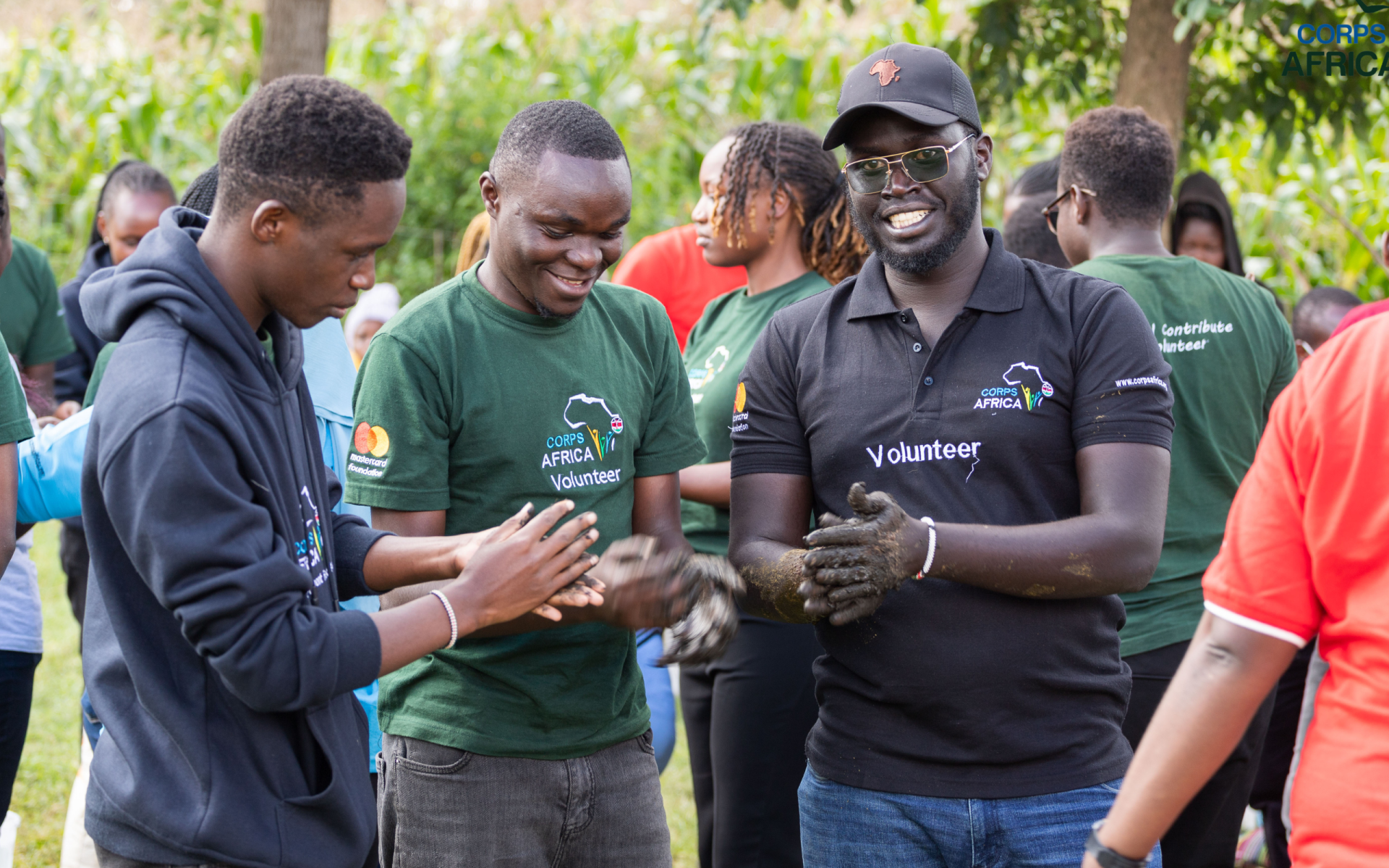Arriving in Kamwathu Sublocation, Tharaka Nithi County, was less of a shock than I had anticipated. Having grown up in Samburu County, one of Kenya’s arid and semi-arid lands (ASAL) and a pastoralist region, Tharaka felt like a home away from home. The Tharaka people keep goats, cattle, and sheep, just like we do. They rear bees, and yes, they even have donkeys, much like back home. And to my delight, the men wear ‘Nkinyira or Tairri,’ a special type of shoe made from old car tires, just as we call them in my mother tongue. I had brought mine along, so I knew I was in good company.
The sun here is scorching, and the temperatures are high—just like in Samburu. The landscape is hilly and rocky, a familiar sight for someone used to the terrain of Samburu. As I reflected on all these similarities, I concluded that I might as well be in Samburu East or North, where everything feels so much the same.
But then something unique about this community caught me off guard. In the homesteads, cows, goats, sheep, donkeys, chickens, and even ducks roam freely, without the need for big, sturdy enclosures or strong fences to keep them safe. I was further surprised to learn that the beehives are placed kilometers away in the hills, far from the homes.
This raised a flood of questions in my mind: Are there no bandits or cattle rustlers here? Are there no wild animals threatening their livestock? Are there no thieves? In my home county, incidents of banditry, cattle rustling, and livestock theft are all too common—so much so that they’ve become a sad norm. These issues have caused untold suffering and tarnished the reputation of our beautiful county. I remembered how wildlife attacks are a daily reality, like the time a leopard slaughtered 20 of my brother’s goats in one night.
When I asked about these concerns, I received a simple yet profound answer: “Peace is a way of life here.” I was assured that I could walk freely, and as for theft, including stealing honey, I was told, “Kila mtu akule jasho lake. Mtu huvuna alichopanda.”—this means everyone should enjoy the fruits of their own labor and reap what they sow.
As I reflected on this, I couldn’t help but wish that pastoralist communities, especially those along the Kerio Valley, could learn from the peaceful Tharaka people. Their way of life is not only admirable but a model of harmony and respect for others.

